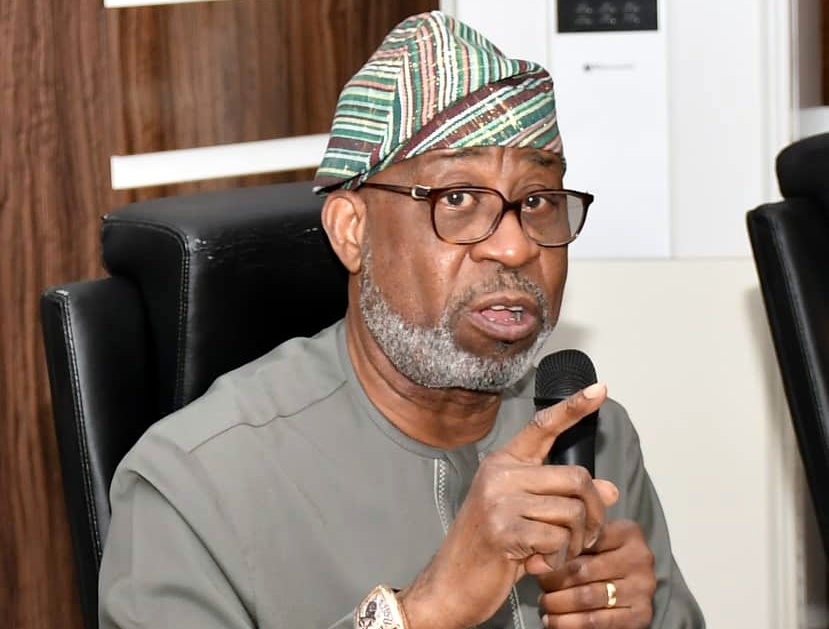Nigerian Lawmaker Advocates for Local Government Autonomy
A member of Nigeria’s House of Representatives, Eugene Dibiagwu, has expressed concern over the current state of local government administration in the country. According to Dibiagwu, the system has been compromised by state governors, leading to inefficiencies in local government operations. The lawmaker, who chairs the House Committee on Regional Development Commissions and Amnesty Programme, made this statement during a recent interview with the News Agency of Nigeria.
Dibiagwu emphasized the need for local government autonomy, citing a bill he sponsored that aims to grant full autonomy to local governments. The bill, which has passed its second reading, seeks to ensure that local government allocations are received directly from the Federal Government, enabling effective administration. This move is seen as a step towards addressing the long-standing issue of local government dependence on state governments.
The lawmaker’s comments come in the wake of a Supreme Court judgment granting financial autonomy to all 774 local councils in Nigeria. However, the ruling has yet to be implemented, prompting the National Assembly to take steps to provide a strong legal backing. Dibiagwu explained that the aim is to give the court’s decision “a bite,” making it impossible for any government or agency to infringe on the rights of local governments.
In addition to his efforts on local government autonomy, Dibiagwu reflected on his experience as a lawmaker over the past two years. He described the lawmaking process as “very robust” and highlighted the collaborations between lawmakers to ensure the passage of good laws. The representative also addressed criticisms that the National Assembly has become a “rubber stamp” legislature, dismissing such comments as unfortunate.
Dibiagwu’s advocacy for local government autonomy is significant, given the potential impact on the country’s governance structure. As the National Assembly continues to work on providing a legal framework for the Supreme Court’s judgment, the move is expected to lead to greater autonomy and efficiency in local government operations. The development is seen as a positive step towards strengthening Nigeria’s democratic institutions and promoting effective governance at the local level.



